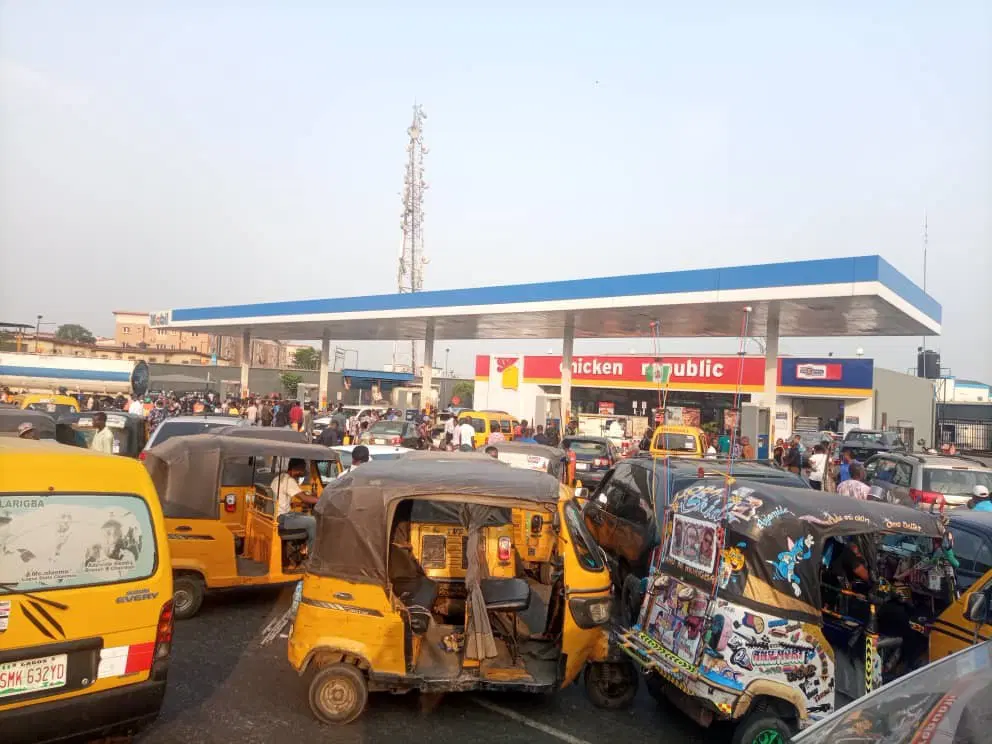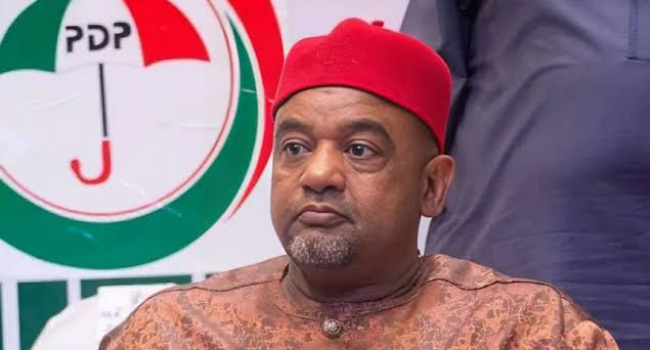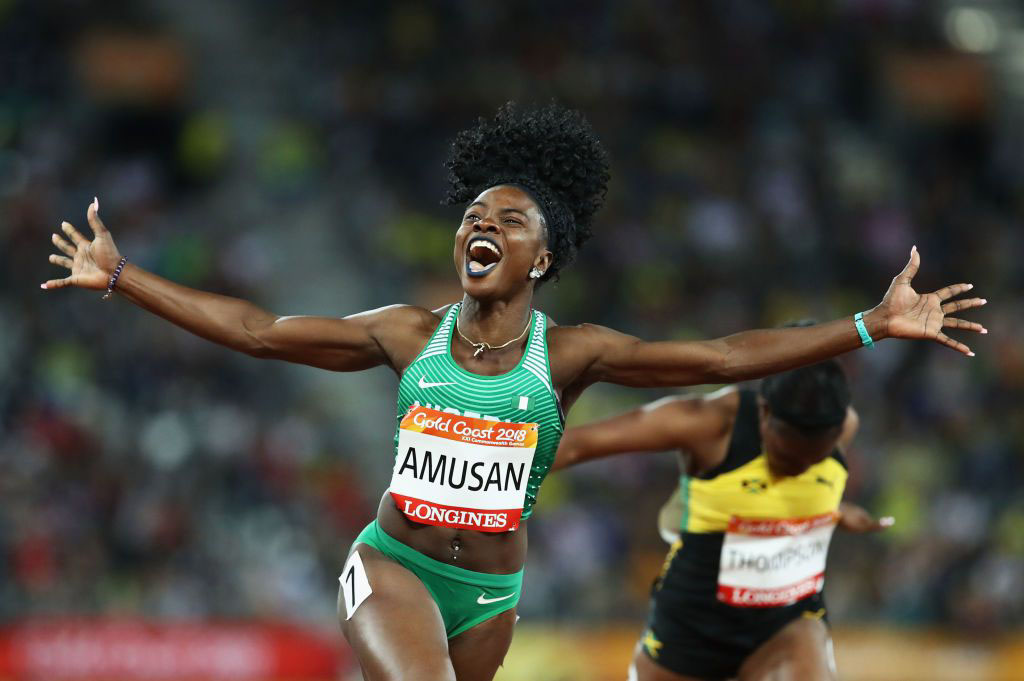Petrol scarcity in Nigeria has worsened, particularly in Lagos, Ogun, and other states, as independent marketers began lifting the product from private depots at N780 per litre, up from N595 per litre—a 31% increase. This sharp hike reflects the ongoing supply challenges in the domestic market.
Chief Chinedu Ukadike, the Public Relations Officer of the Independent Petroleum Marketers Association of Nigeria (IPMAN), confirmed the increase in an interview, stating that the situation may improve in the coming days as more trucks leave the depots. Despite the high prices, Ukadike noted that independent marketers are receiving supplies from the Nigerian National Petroleum Corporation (NNPC), but the queues at filling stations, though appearing in the morning, tend to dissipate by afternoon or evening.
The prolonged distribution challenges, ongoing for about six weeks, have caused long queues at filling stations nationwide. Major marketers are selling petrol at around N685 per litre, while independent marketers charge between N900 and N950 per litre. Some stations have shut down due to the shortage, while hawkers sell petrol at prices ranging from N1,000 to N1,500 per litre.
The scarcity has also led to a significant increase in transport fares, with drivers passing on the high costs to commuters. For instance, traveling from Ikorodu to Victoria Island in Lagos now costs around N6,000, a trip that previously cost less than N2,000.
Drivers like Emmanuel Okonkwo, who operates between Lagos and Owerri, lamented the impact of the scarcity on their business, stating that they are struggling to find passengers and facing increased operational costs. Another driver, Eugene Eze, operating from Lagos to Port Harcourt, expressed concern that the situation could lead to their business' extinction if fuel prices remain high.
Depot operators in Lagos are reportedly planning further price increases, potentially pushing the price to N800 per litre. The Nigerian Midstream and Downstream Petroleum Regulatory Authority (NMDPRA) has been criticized for not being present at filling stations to monitor activities, leading to irregularities such as pump manipulation.
Dapo Segun, NNPCL’s Vice President (Downstream), attributed the fuel shortage to natural challenges such as rains, lightning, and thunderstorms, which have hindered the transportation of petroleum products. He also cited the poor state of roads in the country as a contributing factor.
Engr. Festus Osifo, President of the Petroleum and Natural Gas Senior Staff Association of Nigeria (PENGASSAN) and the Trade Union Congress (TUC), blamed the economic hardship on government policies like the floating of the Naira. He noted that the devaluation of the currency has led to skyrocketing prices, with the landing price of petrol now over N1,000 per litre.
As the fuel scarcity persists, Nigerians continue to face escalating transportation costs and economic challenges, with no immediate resolution in sight.




